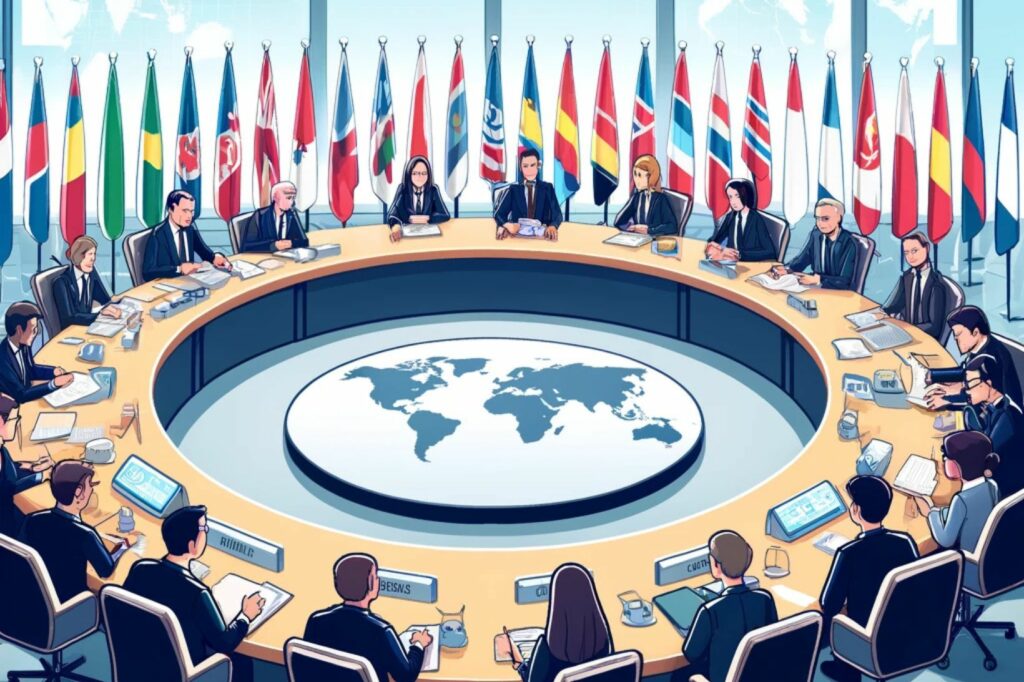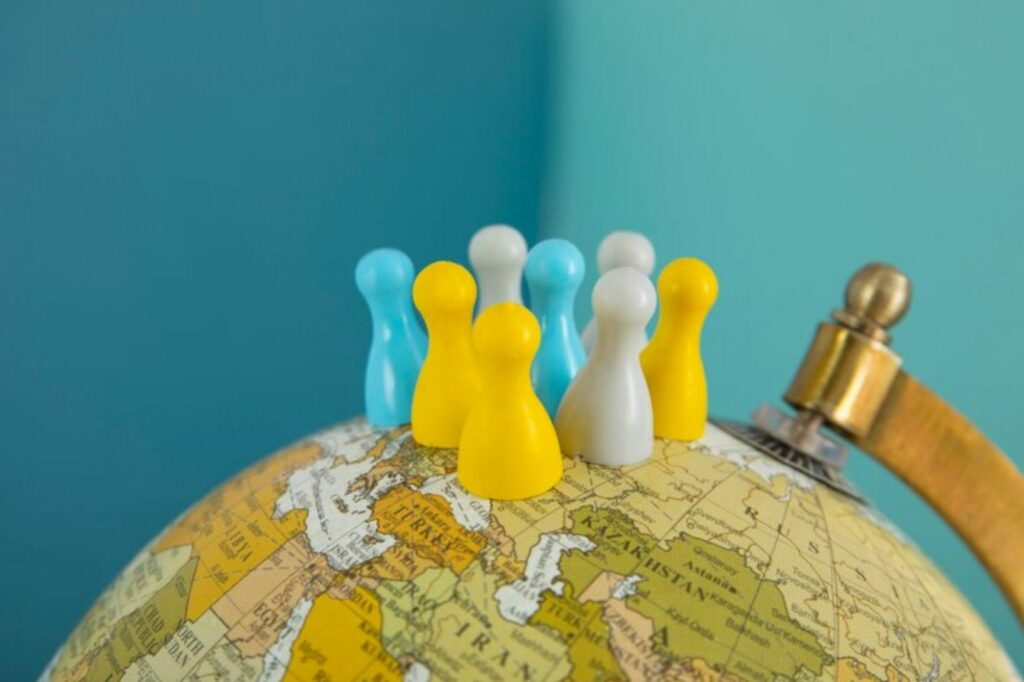In an increasingly interconnected world, international affairs play a pivotal role in shaping global dynamics. This complex field encompasses the interactions between nations, addressing issues like diplomacy, trade, security, and human rights. Understanding international affairs is crucial for grasping how countries collaborate, compete, and resolve conflicts on the world stage.
International affairs isn’t just about politics; it also involves economic policies, cultural exchanges, and environmental challenges. As countries navigate these multifaceted relationships, they must consider both their national interests and the broader implications for global stability. The decisions made in this arena can impact everything from economic growth to international peace and security.
With globalization blurring borders, the study of international affairs offers valuable insights into how nations can work together to tackle pressing global issues. It provides a framework for analyzing how power, resources, and ideologies influence international relations, shaping the future of our interconnected world.
What is International Affairs
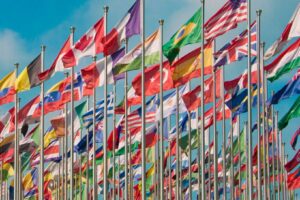 International affairs involve the interactions between nations and the complex web of relationships that influence political, economic, and social matters globally. As societies become more interconnected, international affairs shape how countries engage with each other through diplomacy, trade, security alliances, and multilateral agreements. This field considers how international laws, treaties, and conventions govern distinct elements of interaction. For example, they regulate global trade through World Trade Organization (WTO) agreements and address climate change via the Paris Agreement.
International affairs involve the interactions between nations and the complex web of relationships that influence political, economic, and social matters globally. As societies become more interconnected, international affairs shape how countries engage with each other through diplomacy, trade, security alliances, and multilateral agreements. This field considers how international laws, treaties, and conventions govern distinct elements of interaction. For example, they regulate global trade through World Trade Organization (WTO) agreements and address climate change via the Paris Agreement.
Nations navigate these relationships while considering national interests and global responsibilities. The study of international affairs equips individuals with the knowledge to analyze foreign policy, international organizations, and global issues. Key components include understanding power dynamics, economic shifts, and cultural influences that affect global governance. Furthermore, international affairs professionals often specialize in areas such as conflict resolution, trade negotiation, or international law to manage and resolve global challenges effectively.
The growing role of technology and digital communication presents new challenges and opportunities within international affairs. Cybersecurity concerns, digital diplomacy, and the spread of information influence global perceptions and policymaking. Thus, professionals in the field must adapt to these digital trends, ensuring that nations can protect their interests while collaborating on shared challenges.
The Role of International Organizations
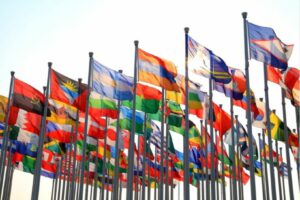 International organizations serve as pivotal entities in managing and facilitating international affairs. They promote cooperation and dialogue among nations, addressing global challenges like poverty, environmental degradation, and transnational crime. Prominent organizations like the United Nations and World Trade Organization provide platforms for negotiation and policy-making, ensuring that international laws and treaties are upheld.
International organizations serve as pivotal entities in managing and facilitating international affairs. They promote cooperation and dialogue among nations, addressing global challenges like poverty, environmental degradation, and transnational crime. Prominent organizations like the United Nations and World Trade Organization provide platforms for negotiation and policy-making, ensuring that international laws and treaties are upheld.
These organizations coordinate humanitarian aid and development efforts in regions affected by conflict or disaster. They operate under mandates to deliver food, shelter, and medical assistance to those in need, often in collaboration with non-governmental organizations and local governments. Through such efforts, they mitigate the impacts of crises and contribute to rebuilding communities.
Efforts to maintain international security frequently rely on these organizations. They support peacekeeping missions, often by deploying multinational forces to stabilize post-conflict areas and prevent the recurrence of violence. These missions uphold ceasefires, protect civilians, and facilitate the delivery of humanitarian assistance.
Organizations also encourage economic development through initiatives that promote trade, investment, and sustainable growth. By providing funding and expertise, they help developing nations build infrastructure and institutional capacity, fostering economic stability and reducing poverty. Initiatives by entities such as the International Monetary Fund and World Bank play significant roles in these efforts.
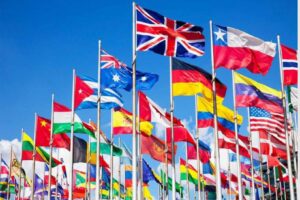 International organizations enhance cultural understanding by sponsoring educational programs and cultural exchanges. They foster a sense of global community, promoting dialogue and mutual respect among different cultures. These efforts contribute to intercultural understanding, reducing the potential for conflict and promoting peace.
International organizations enhance cultural understanding by sponsoring educational programs and cultural exchanges. They foster a sense of global community, promoting dialogue and mutual respect among different cultures. These efforts contribute to intercultural understanding, reducing the potential for conflict and promoting peace.
International organizations are essential for coordinating global efforts across various domains. They provide mechanisms for dialogue, facilitate humanitarian and development aid, enhance security, and foster economic and cultural exchanges, building a more cooperative and stable international order.
Global Impact
International affairs play a crucial role in shaping the global landscape by influencing political, economic, and cultural dynamics. As nations navigate complex relationships and address pressing global issues, understanding the intricacies of international interactions becomes essential. The evolving challenges, from geopolitical tensions to technological advancements, require informed strategies and collaborative efforts. By fostering dialogue and cooperation, nations can work towards a stable and harmonious international order. The study and practice of international affairs equip professionals with the tools needed to analyze and address these global challenges, ensuring that nations can effectively protect their interests while contributing to global peace and prosperity.

